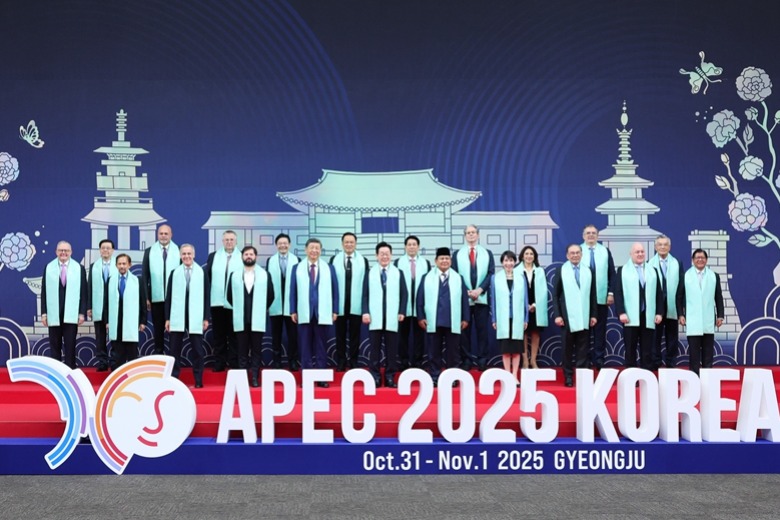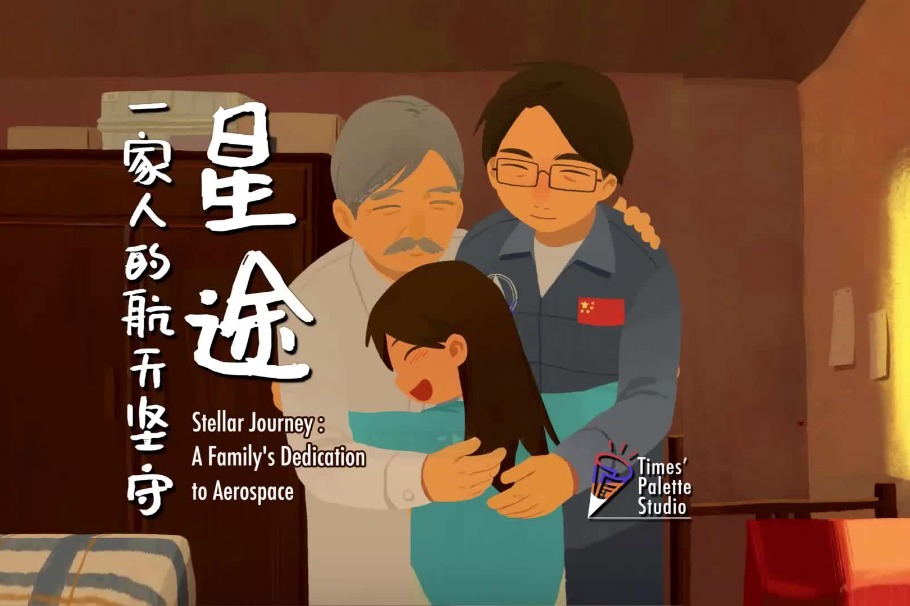Reassessing main Eastern battlefield's role vital to safeguarding peace today

This year marks the 80th anniversary of the victory in the Chinese People's War of Resistance Against Japanese Aggression (1931-45) and the World Anti-Fascist War. The attack on Chinese forces by Japanese soldiers at the Lugou Bridge, also known as the Marco Polo Bridge, southwest of Beijing, on July 7, 1937, marked the beginning of the nationwide resistance against Japanese aggression.
Wang Jianlang, president of the Chinese Society for the History of the War of Resistance Against Japanese Aggression, said in the Dialogues with Thinkers, China Daily's high-end interview program, that Japan's invasion of Northeast China on Sept 18, 1931, was the prelude to World War II. Despite facing overwhelming odds, China resisted Japanese aggression for 14 years, tying down over one million Japanese troops and making significant sacrifices and contributions to the global war against fascism. In order to prevent new large-scale conflicts, it is imperative to review history and heed the lessons learned from it.
























